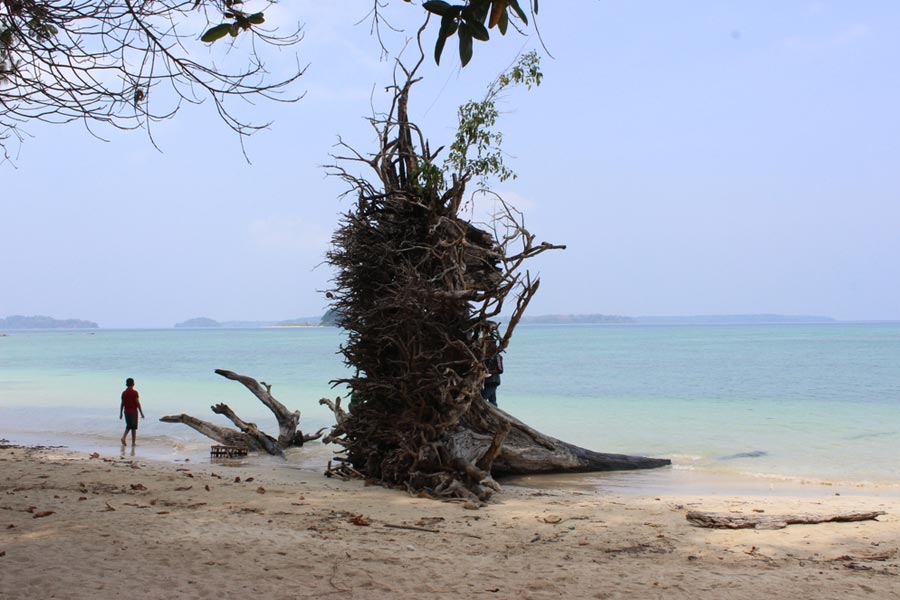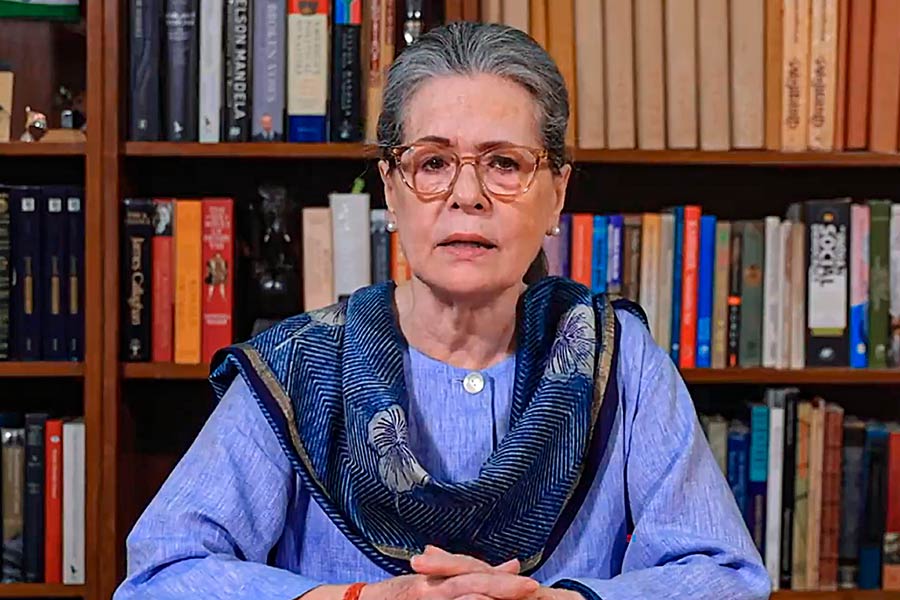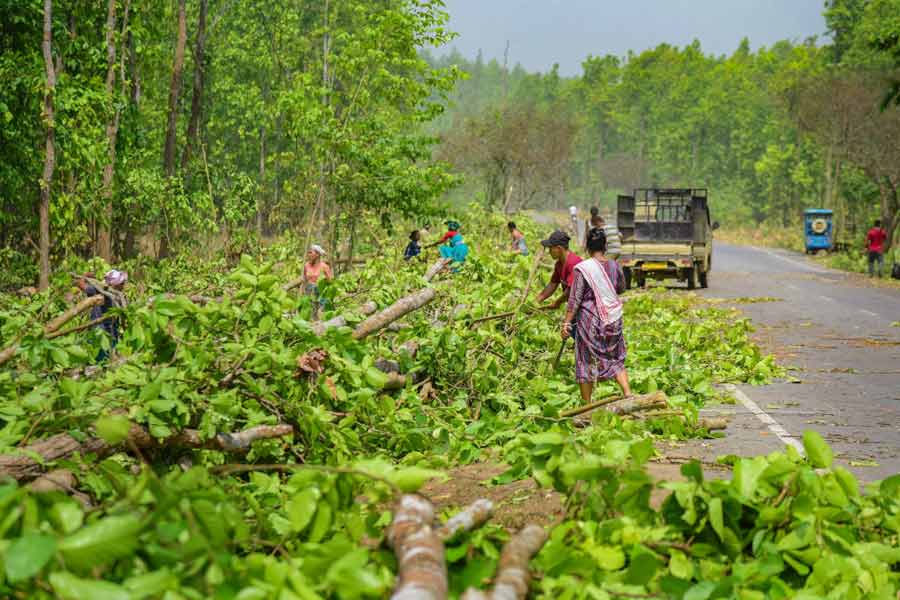Hitting back at Environment Minister Bhupender Yadav for criticising the Congress for opposing the Great Nicobar infrastructure project, party leader Jairam Ramesh on Sunday said drawing the nation's attention to an imminent "ecological and humanitarian disaster" is not "negative politics" but an expression of grave concern.
The minister is simply unable to answer basic questions that Congress has been repeatedly raising on the project, Ramesh said.
"The Union Minister of Environment, Forests, and Climate Change Shri Bhupender Yadav has accused the Indian National Congress of doing what he calls 'negative politics' on the Great Nicobar mega infrastructure project.Drawing the nation's attention to an imminent ecological and humanitarian disaster is NOT 'negative politics'. It is an expression of grave concern," Ramesh said on X.
The minister is simply unable to answer basic questions that the INC has been repeatedly raising on the project, he said and asked whether the Great Nicobar Mega Infra Project, which requires the diversion of lakhs of trees, violate the National Forest Policy, 1988 which states that "tropical rain/moist forests, particularly in areas Andaman & Nicobar Islands should be totally safeguarded?" "Compensatory afforestation is always a poor substitute for old-growth forests but the afforestation planned in this project is farcical. How can afforestation in distant Haryana, with a completely different ecosystem, be considered a genuine offset for the loss of old-growth rainforest unique to Great Nicobar? Why has the Government of Haryana already freed up 25 per cent of this land for mining instead of reserving it for the afforestation?" Ramesh said.
Why was the National Commission on Scheduled Tribes not consulted before the Nicobar project was approved, he asked.
"Why are the concerns of the Tribal Council of Great Nicobar regarding this project being ignored? Why is the Shompen Policy of the Islands, which explicitly calls for the integrity of the community to be prioritised in all projects, being disregarded?" Ramesh said.
Why does the "Social Impact Assessment" conducted as part of the Right to Fair Compensation and Transparency in Land Acquisition, Rehabilitation and Resettlement Act, 2013 (RFCTLARR) ignore the existence of the Shompen and the Nicobarese, the Congress leader further asked.
"The Forest Rights Act (2006) holds the Shompen as the sole legally empowered authority to protect, preserve, regulate, and manage the tribal reserve. Why does the Project's approval process fail to recognize the same?" Ramesh said.
He pointed out that the island harbours endangered species, including leatherback turtles, megapodes, saltwater crocodiles, and rich coral systems.
Won't this project drive these species closer to extinction, he asked.
"Why are critical documents relating to this project, including the reports of the ground-truthing exercise conducted to reclassify the location of the planned transshipment port from CRZ1-A, not being published in the open?" Ramesh said.
Given the island's history of severe subsidence during the 2004 tsunami and its location in a high-seismic zone, can the sustainability of this project be assured, he further asked.
"Over twenty years ago, a valuable book was published. It was called 'Supreme Court on Forest Conservation' and it was authored by Ritwick Dutta and Bhupender Yadav. Sadly the first author has had investigative agencies unleashed against him for his environmental activism - but happily the second author has had a much better fate. When will that Bhupender Yadav awake?" he said.
Yadav last Thursday hit out at the Congress for opposing the Great Nicobar infrastructure project, accusing it of spreading confusion and indulging in "negative politics".
Speaking at an event organised by The Public Affairs Forum of India here, Yadav asserted that the mega project is crucial for national security and strategic connectivity in the Indian Ocean Region.
Yadav said only 1.78 per cent of Great Nicobar's forest area will be used for the project.
His remarks came days after Congress Parliamentary Party chairperson Sonia Gandhi, in an article in The Hindu, termed the Rs 72,000 crore project a "planned misadventure" that threatens the survival of the Shompen and Nicobarese tribes, destroys one of the world's most unique ecosystems and is highly susceptible to natural disasters.
Gandhi alleged the project was being pushed through by "making a mockery of all legal and deliberative processes".
"The ancestral villages of the Nicobarese tribals fall in the project's proposed land area. The Nicobarese were forced to evacuate their villages during the 2004 tsunami. This project will now permanently displace this community, ending its dream of returning to its ancestral villages," Gandhi had said.
She had also argued that the Shompen face an even greater threat as the project denotifies a significant part of their reserve and will bring a large influx of people and tourists to the island.
In response, Yadav recently authored a column in the same newspaper, defending the project as one of strategic, defence and national importance.
He had said the plan is designed to transform Great Nicobar into a major hub of maritime and air connectivity in the Indian Ocean Region, with an international container transhipment terminal, a greenfield international airport, a 450 MVA gas- and solar-based power plant and a township over 16 sq km.
Except for the headline, this story has not been edited by The Telegraph Online staff and has been published from a syndicated feed.














